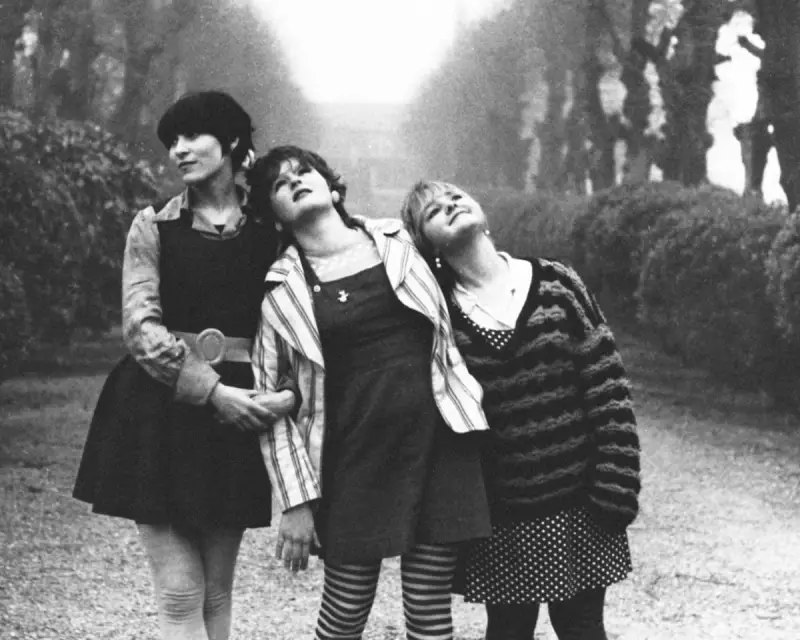
Before the indie pop of The Sundays or the quirky charm of Belle and Sebastian, there was Dolly Mixture. This fiercely independent, all-female trio from Cambridge carved out a unique space in the late 1970s and early 80s post-punk scene, armed with melodic hooks, a DIY ethos, and a refusal to conform.
In a remarkable new interview, band members Debsey Wykes, Rachel Bor, and Hester Smith have opened up about their incredible journey—a whirlwind of surreal gigs, defiant moments, and enduring influence.
From The Jam's Support Act to Sausages with The Rollers
Their story is peppered with anecdotes that sound like rock and roll folklore. They recall the bizarre experience of supporting Scottish teen idols the Bay City Rollers, finding themselves bonding with the tartan-clad stars over a post-show meal of sausages. This surreal contrast defined their career: one minute they were on stage with mod heroes The Jam, the next they were navigating the decidedly different world of pop.
Defying the Aggression of the Era
Their path was far from easy. They emerged into a music scene often dominated by aggression, particularly from the skinhead movement. Dolly Mixture stood in stark opposition to this culture. With their homemade dresses, infectious melodies, and unabashed femininity, they were a deliberate act of defiance.
They didn't just play music; they challenged the very machismo of the punk and post-punk environment, proving that power didn't have to come from anger and noise.
A Legacy That Resonates
While major commercial success eluded them at the time, their legacy is immense. Their independent spirit and distinctive jangly-guitar sound paved the way for countless indie and twee pop bands that followed. Tracks like "Everything and More" and their cult classic album Demonstration Tapes have become cherished secrets passed between music aficionados.
Today, their music is recognised not as a footnote, but as a foundational text in the history of alternative pop, a testament to three women who played by their own rules and created a sound entirely their own.





